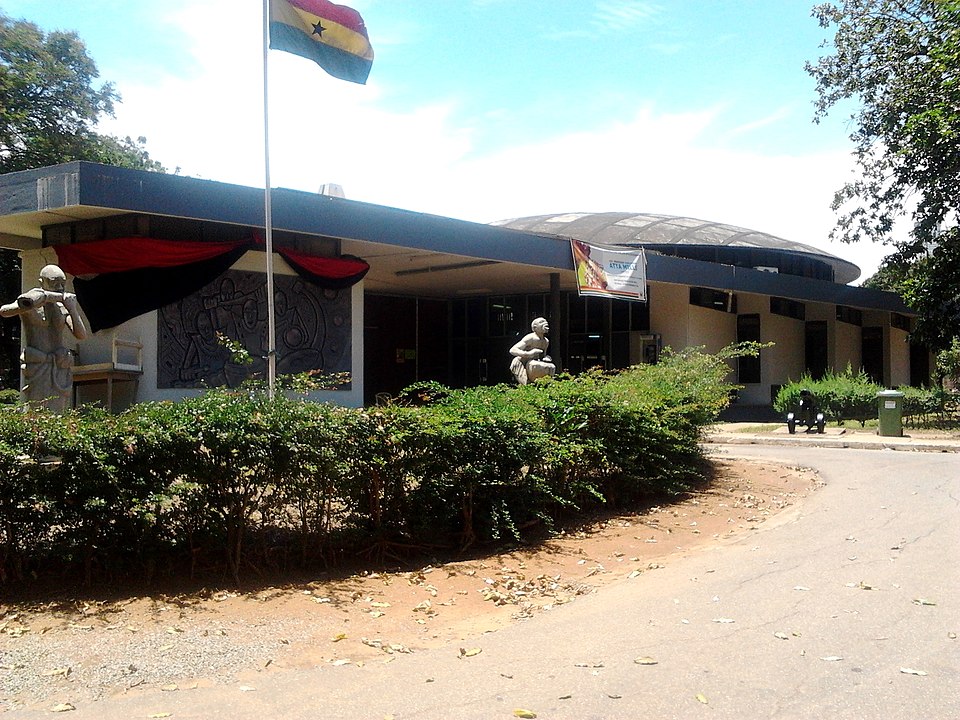The National Museum of Ghana, situated in the capital city of Accra, holds a lot of rich cultural legacy and history of the country. Being the biggest and oldest museum of its kind in Ghana, it was set up in 1957 and has a large collection of relics, exhibits, and displays.
LONG HISTORY
The museum is housed in the Old Parliament House, a stunning colonial structure constructed in 1902. The structure itself is an important historical site because it housed Ghana’s government until 1957, when the nation won its freedom from British domination. The structure now houses the National Museum and is a fitting representation of Ghana’s rich past.
The museum’s collection is divided into several galleries, each focusing on a different aspect of Ghana’s history and culture. The Prehistory Gallery, for example, takes visitors on a journey through Ghana’s ancient past, showcasing tools, pottery, and other artifacts that date back thousands of years. The Ethnography Gallery, on the other hand, explores the diverse cultures and traditions of Ghana’s many ethnic groups, including the Akan, Ewe, Ga, and Dagomba.
SPECIALTIES
One of the most impressive galleries in the museum is the Ancient Kingdoms Gallery, which tells the story of the ancient kingdoms of Ghana, including the famous Asante Kingdom. The gallery features a stunning collection of gold jewelry, royal regalia, and other artifacts that highlight the wealth and power of these ancient kingdoms.
The museum also has a section dedicated to the colonial period, which explores the impact of European colonialism on Ghana’s history and culture. The exhibits in this section include artifacts from the slave trade, as well as items related to the country’s struggle for independence.
The National Museum of Ghana holds workshops, cultural activities, and temporary exhibitions all year round in addition to its permanent displays. These gatherings give tourists a chance to discover more about Ghana’s modern arts and culture sector as well as its rich cultural legacy.
LEGACIES
A unique perspective on Ghana’s history, culture, and people can be gained by visiting the National Museum of Ghana. Visitors who wish to learn more about the exhibits can take advantage of guided tours, and the museum is open seven days a week. Ghana’s cultural tapestry can be explored for a day at the museum, which also features a café and a gift store.
To sum up, the Ghanaian National Museum in Ghana’s capital provides a wealth of information on history, culture, and expertise. It serves as a reminder of Ghana’s important role in influencing the path of human history and is a monument to the country’s rich and varied heritage. The National Museum of Ghana is an essential location that is certain to make an impression, regardless of whether you are a history buff, a culture vulture, or just an inquisitive tourist.
